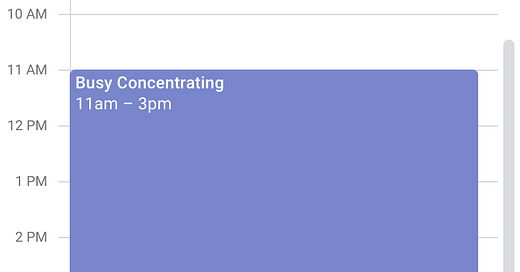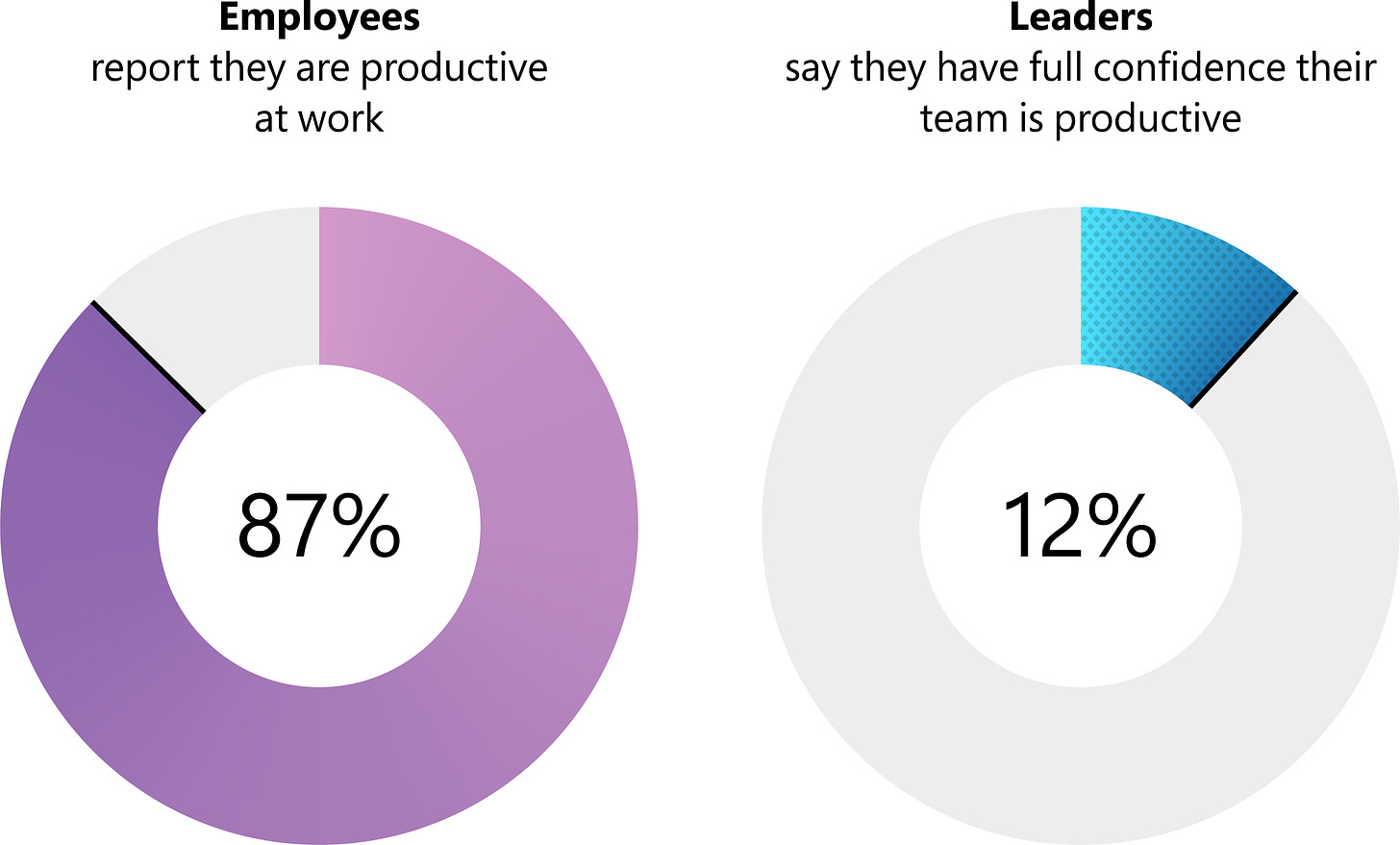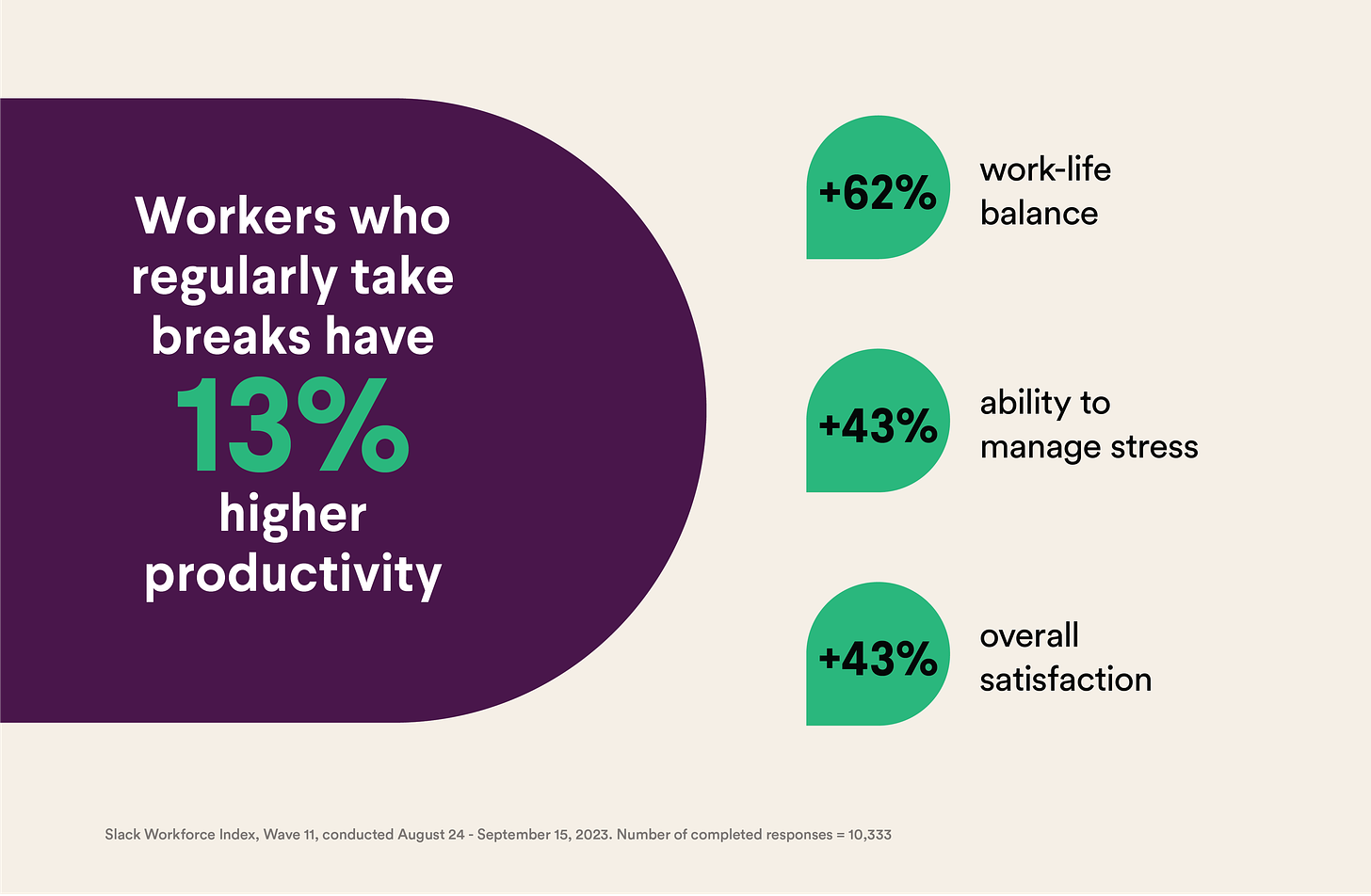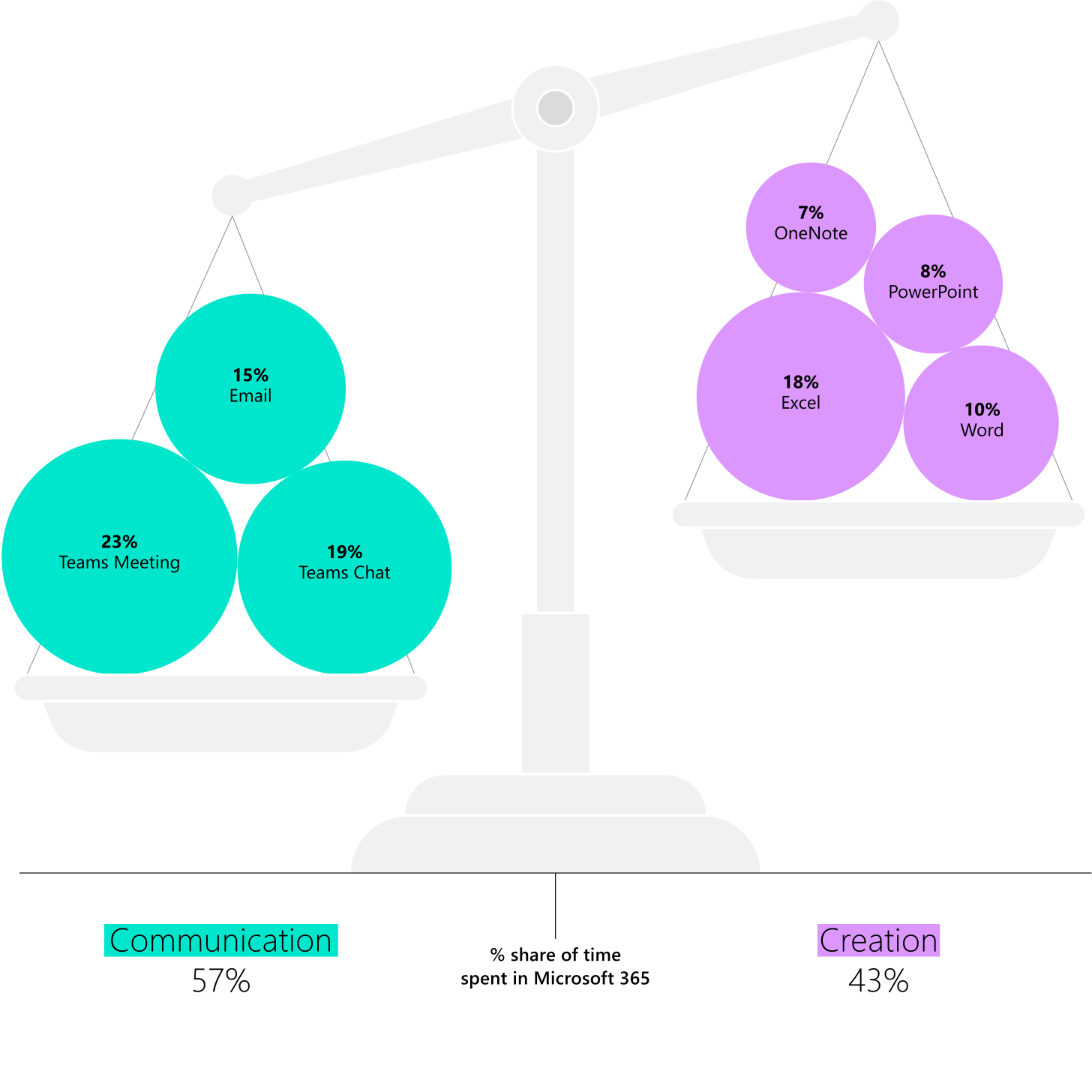THE FIRST EPISODE OF THE CULTURE STUDY PODCAST IS LIVE! It’s with The Atlantic’s Amanda Mull, and we talk about why sweaters are garbage and why clothes are “unflattering” and the shifts that have led us away from ironing. I’m obviously pretty biased but I think it’s pretty obviously great.
Click here to listen, read the transcript, find the show notes, and participate in a very Culture Study discussion about everything related to “why do clothes suck now.”
If you subscribe to Culture Study, you get 40% off your subscription to the podcast — which includes a whole bunch of perks, including the knowledge that you’re helping pay Melody a good living wage. Here’s the subscriber promo code and here’s where you can learn more about the podcast’s economic model.
And now, here’s the regular Culture Study newsletter for this mid-week (which, just fyi, will continue to come out like normal — the podcast is an extension of the newsletter, not a replacement for any part of it).
Maybe you saw it, too — a piece from the New York Times wondering “Can Instagrammable Office Design Lure Young Workers Back?”
I shared this post to my own Instagram stories with a simple “lol.”
Apart from the fact that this office is straight out of the 2014 “cool start-up” playbook, it really does feel like most companies will do ANYTHING and EVERYTHING to avoid 1) paying their employees more; 2) doing the hard of examining the actual utility of their offices; or 3) actually listening to their employees about what they want and need, because the answer is very rarely AN OFFICE I WANT TO PHOTOGRAPH. (Also, as someone who used to go into an “Instagrammable” office every day, I can tell you that they are rarely cozy or conducive to collaboration).
The “cool office” solution also misses the point. It misunderstands why workers are reticent to come back in (usually: because their workplace hasn’t actually given them a good reason to) and it distracts from the very real problems beguiling most workplaces. Those problems can’t be solved by commissioning an interior design firm. They have to do with sustainable work load, the expanding job, inequitable hiring and promotional practices, the wages of overwork……and meetings. Fucking meetings. That’s what we’re going to talk about today.
Meetings are out of control. I don’t know how else to say it. Whether you’re mostly in-person or hybrid or remote, you’re probably grappling with this problem and it also probably feels intractable. This stat below is from Microsoft’s Work Index report in 2022 and it’s haunted me for the past year:
252% increase in time spent in meetings! And yes, of course, some of that increase has to do with the fact that “drive-by” interactions are a lot more difficult when not everyone’s in the office, but this meeting glut is also the result of poorly considered meetings, a culture that considers meetings to be the clearest sign of productivity and engagement, micro-management, and general workplace FOMO. (What if someone talks to someone else about a project you’re working on and you’re not in the meeting? Did you ever even complete the project at all?)
You put time on someone’s calendar so they know you’re working….OR you have a simple question for someone but they’re so overloaded with communications that the only way for you to get an answer is by scheduling a meeting…..OR everyone has too many meetings so they don’t read their emails so the only way to get people to pay attention to anything is to have an actual meeting and read what could easily have been sent in an email.
All of this is fundamentally the same problem, right? Or at least two intertwined problems. People feel insecure in their job and productivity (even if they might not admit as much) and want/need to perform their engagement for their peers and superiors…..and because of that need, people’s schedules are so overfilled that they don’t come prepared to meetings, which then creates the need for more meetings. This is over-meeting culture, and once it starts, it’s very, very difficult to prune back.
To be clear: meetings can be GREAT. They can be hugely collaborative and helpful. Some are absolutely necessary. But if you’re not in the C-suite, you probably shouldn’t have more than two hours of meetings a day. If you have more, it’s an indication that you or your organization is using meetings to solve every workplace problem…..and the meetings have themselves become a problem.
So what do you do about it? Address productivity anxiety. According to Microsoft’s Work Trend Index, which combines a survey of over 20,000 people in 11 countries with over a trillion signals from Microsoft 365 users, 87% of employees (anonymously) report that they are productive at work. And yet: just 12% of leaders say they’re confident that their workers are productive. (49% of hybrid managers say they struggle to trust their employees to do their best work — compared to 36% of those managing fully in-person).
To me, this is a pretty stunning illustration of what’s going on in today’s workplace: you have a whole bunch of people who feel like they’re just as productive if not more so than before….and then a whole bunch of managers and leaders who feel in the dark about what their teams are doing. That’s how you get Salesforce CEO Marc Benioff declaring that he has a sense that productivity is down, and casting about in a company-wide Slack channel for what it might be. He doesn’t have hard evidence. Instead, he’s operating on the same thing a lot of leaders use as their guide: feel. It feels like people are producing less.
Economists have a straightforward theory of what’s going on here. If you’re working from home, you’re not commuting to and from the office. For most workers, that means saving anywhere from ten minutes to two hours a day: instead of leaving the house at, say, 8 am and getting home at 6 pm….working a ten hour day….you’re working nine to five, a solid eight hours. And maybe you average one day at home a week or three, but whatever it is, that’s real time. You’re getting the same (or about the same) amount of work done….over less time. You’re more productive!
But now consider this set-up from the perspective of a manager or a member of the exec team. They’re thinking about their teams’ work day. And from their vantage point, it’s still the same 8 hours as it always was. When their team was fully in the office, managing probably felt straightforward. Most people managed by, well, looking and walking around. That was the heart of it. Now, figuring out what your team is doing, and how they feel about doing it, it’s a lot more work. So managers not only feel like they’re doing more work — and less productive themselves, as workers — but they also feel like they’re doing a worse job, and have less insight into what their reports are doing.
This is a fundamental disconnect! You have a bunch of people who have one understanding of their performance, and a bunch of people — who are in charge of their fate at the company, and who also have a lot of say in policy — with a very different understanding. If you’re drowning in meetings, this disconnect is probably part of your problem.
The big picture fix sounds easy. Leaders have to trust their workers more — and communicate that trust. In practice, that’s hard. If you don’t know what that looks like, try: “You’re doing a really good job and I’m very happy with your work and I trust you to do it well.” That’s a start! And if you’re a leader who thinks your employees should just intuit that you trust them, well, we’ve all been through a bunch of precarious shit, so it makes sense that our resting state is “anxious about productivity.” Especially during periods like the last five years, you have to reassure us. Clearly. A lot.
The other thing that helps: conversations about prioritization. Again, according to the Microsoft Work Trend Index:
81% of employees say it’s important that their managers help them prioritize their workload
Only 31% of employees say they’re given clear guidance in one-on-ones on how to do so
74% of managers say more guidance on prioritizing their own work would help their performance
80% of managers say they’d personally benefit from more clarity from senior leadership on impactful priorities.
More talk about prioritization = more manager confidence (that their reports are doing the things that matter most) and more employee confidence (that they’re doing what they should be doing). It’s difficult to understate just how powerful this sort of clarity can be.
But the same goes for hybrid policies — which are still pretty wobbly at many workplaces. People wonder if they “should” be going in more, managers want their teams together but aren’t clear about core hours or what they’re actually for….and the way people react to that lack of clarity is more meetings. Meetings to make sure the people who report to you are being productive, meetings to assure the people beside and above you that YOU are being productive, meetings to make up for the fact that you’re not able to be productive during the day.
It’s a clusterfuck! It’s an organizational pathogen! And again: over-meeting culture is the symptom, not the virus.
So what can you do? If you’re a big boss in this scenario, you take a huge step back and start to try and address these larger ills before they pull your entire organization asunder. But if you’re a smaller boss or just someone with some power on your team, you can start the work there. It begins with a total meeting reset — but that reset has to include a conversation about what necessitates a meeting, caps for meetings, and times actually reserved for meetings.
I have all the reservations about AI that other smart people do, but one of its real potentials is summarizing meetings in a way that makes people feel like they understood what happened and whether or not their input is needed after the fact without having to attend the actual meeting.
But you also need to do a better job as a team at communicating expectations, making people feel better about the work they’re doing, being transparent about promotional practices so more hybrid people don’t feel like they need to “prove they’re working” more than people who can or want to be in the office more.
One of the best ways you can show productivity trust = modeling and embracing “blank time.”
I like “blank time” as an umbrella term for a whole bunch of workday activities: focus time, creative time, walking-around-the-block time, exercise-time, staring-at-the-wall time, scheduled unscheduled time….all of it ultimately conducive to a brain that’s better at doing the work at hand.
Even before the pandemic, we were so obsessed with the performance of productivity (meetings, of course, plus myriad other ways of LARPing your job) that most workers had very little blank time in their days. And as the sheer number of meetings (and messaging) has increased, that small amount of blank space has decreased even further.
Slack has new research out this week that’s simultaneously YES, DUH, OF COURSE when it comes to blank time — but also incredibly useful for anyone making the argument that more work isn’t necessarily better work. According to Slack’s survey data, half of “office” workers report never taking breaks during the work day. The half who do have 62% higher scores for work-life balance, 43% greater ability to manage stress and anxiety, 43% greater “overall satisfaction,” and 13% higher scores for productivity. Turns out working all day without ceasing makes you slightly worse at your job!
The whole “rest is really important to being good at your job” argument is something a lot of people figure out on their own in their 30s and 40s…..usually after burning out in some capacity. That was certainly the case for me. I’m better at my work because I spend less time directly devoted to it (even though I’m always processing stuff related to my work while doing other things).
So even if these findings feel obvious to you, the stats themselves are useful when it comes to productivity freak-out: something to tell yourself, sure, but also something to help bosses freak out less about their employees not “visibly” working at all times. Blank time is good for business.
And yes, of course, people should allow rest for many other reasons, but sometimes we have to deal with the ossified boss mindsets in front of us. Plus, maybe (MAYBE) these stats will also help convince more junior employees to not work themselves into a fine pulp before figuring out that working-all-the-time-without-ceasing is neither the guarantee against precarity they think it is nor sustainable in the long-term.
So how can you encourage others to create blank time? Tell them blank time is productive time. Tell them to schedule it. Model it by scheduling it in your own calendar and protecting it. Emphasize that blank time doesn’t mean “still responding to Slack or Teams Messages” time — or that walking your dog or doing a puzzle isn’t “being lazy,” it’s letting your mind take a break the same way your body needs sleep.
Blank time can also mean “concentration hours,” also known as “space to do heads-down-concentrated-but-amphorous-work-time,” also known as the sort of work that makes people feel like they’ve done something. It’s the work people should be doing when they feel best equipped to do it — not in the exhausted after hours. And it’s that precious time that meeting and messaging culture is absolutely cannibalizing, as evidenced by Microsoft’s recent analysis of users’ time in Microsoft 365:
You could argue that time spent in Powerpoint, Excel, or Word is not “creative” work. But it is the heart of a lot of people’s work — and it is work that demands precision, concentration, and skill. When that work is pushed aside for constant communication, that’s when you get that feeling of “I’ve somehow worked all day and done nothing at all” — and then push yourself to work after hours, the only time on your schedule that’s (ostensibly) blank.
I realize it’s easy for someone not leading a company to tell people to stop freaking out about productivity. But the choice just seems so clear. You can obsess over what your employees are doing — tracking their online movements, calling more meetings, enforcing arbitrary in-office times — or you can be thoughtful and expansive about what habits foster good work. You can do the hard work of communicating clearly about prioritization. You can model rest and concentration in your workday and create expectations that make it possible in others’.
Or you can operate as if every employee is lazy and wants to cheat you and hates everything and especially hates you. And I don’t run a company but I know this: managing that way is the quickest way to make employees behave that way. ●
So tell me: what’s at the heart of your company’s over-meeting culture? How have you (or how would you like to) create blank time? How have you struggled to trust that your team is being productive — or to communicate to your manager and leadership that you are productive? What’s your solution to the great productivity freakout?










I don't mean this as a personal attack on any individual people manager, but I think a huge part of the issue is that many (most?) current mid-level people managers are not good at managing people; probably because they never had good people managing them to model on. They've never been trusted to do the job and let the results/output speak for itself, so they have no mechanism for establishing that trust, working within a system that allows for that, and coaching people on how to work in that system. They're repeating the same "look busy, look busy" model they came up in, and that requires a lot more effort (on everyone's part) when you're remote.
I can tell you exactly what is at the root of my org’s broken meeting culture: the infiltration/perversion of the “standup” concept into company culture … but completely divorced from anything else in the Agile framework. I would love to talk about the *cultural* influence of tech in workplace vocabulary and concepts, since this isn’t really backed up by any training or intentional strategy. The combo of scrappy-yet-hip-to-the-lingo is lethal - a vague sense of what to do but no real time/staff capacity investment in carrying it out. (To be clear this is not even me evangelizing for any specific framework, just saying that cherry-picking tech-adjacent ideas can be worse than nothing.)
Now, as 2024 approaches, we have leftover “standups” multiple times a week, a poorly-understood square peg shoved into the round hole of “omg pandemic,” and they are really just round-robin “So this week I’m working on …” checkins which sometimes feel like a ceremonial opportunity for me to report, in front of a lot of people, that I’m still not done with anything yet (while taking away from my time to finish those things). This is in addition to multiple standing meetings for different teams/committees/etc, which I guess is fine unless you’re part of multiple teams/committees/etc.
The coda to this of course is a point you’ve made about “blank time.” My whole existence feels like it’s devoted to defending and justifying the need for large amounts of this. Because the truth is I still have quantifiably fewer meetings than so many others in my workplace. But if you scatter 3 hours of meetings across a full workday, leaving random 30-minute orphan chunks of time in between … that’s not “blank time,” that’s a whole work day of reacting and preparing and “checking in” instead of thinking. I’m acquiring a complex from feeling like I have “too many meetings” to be effective when the math alone says that’s not true.